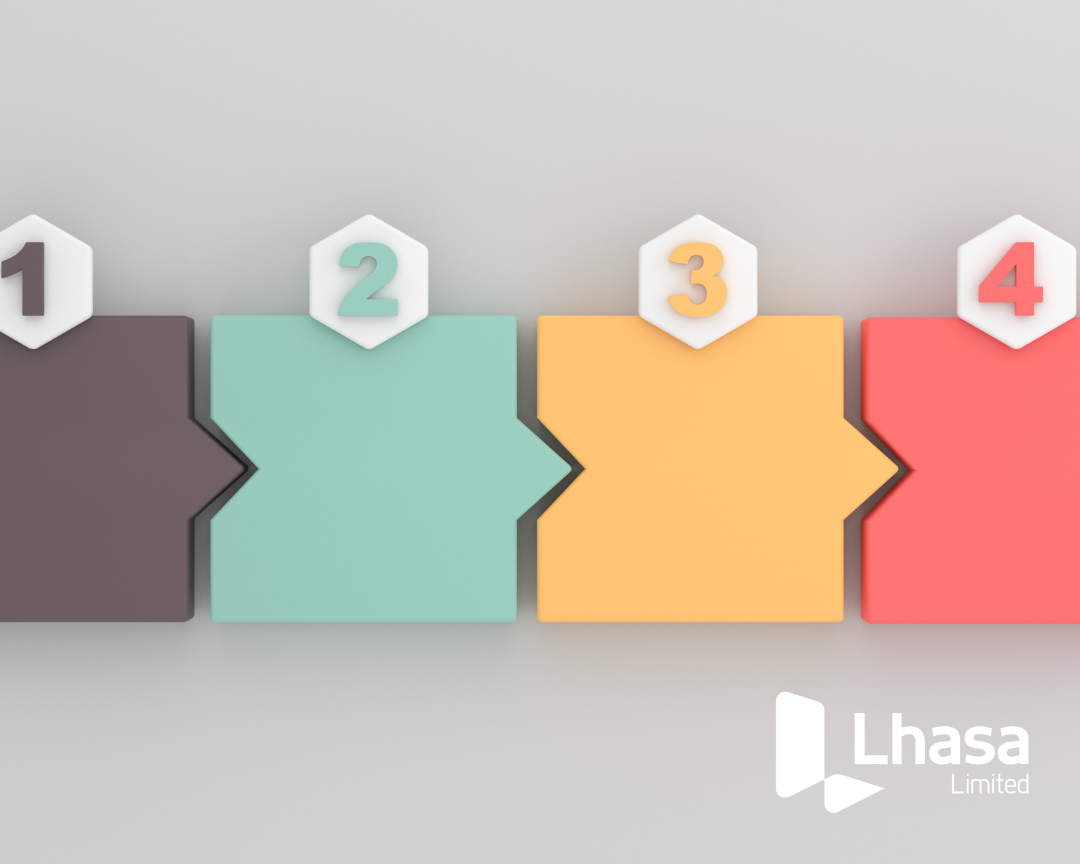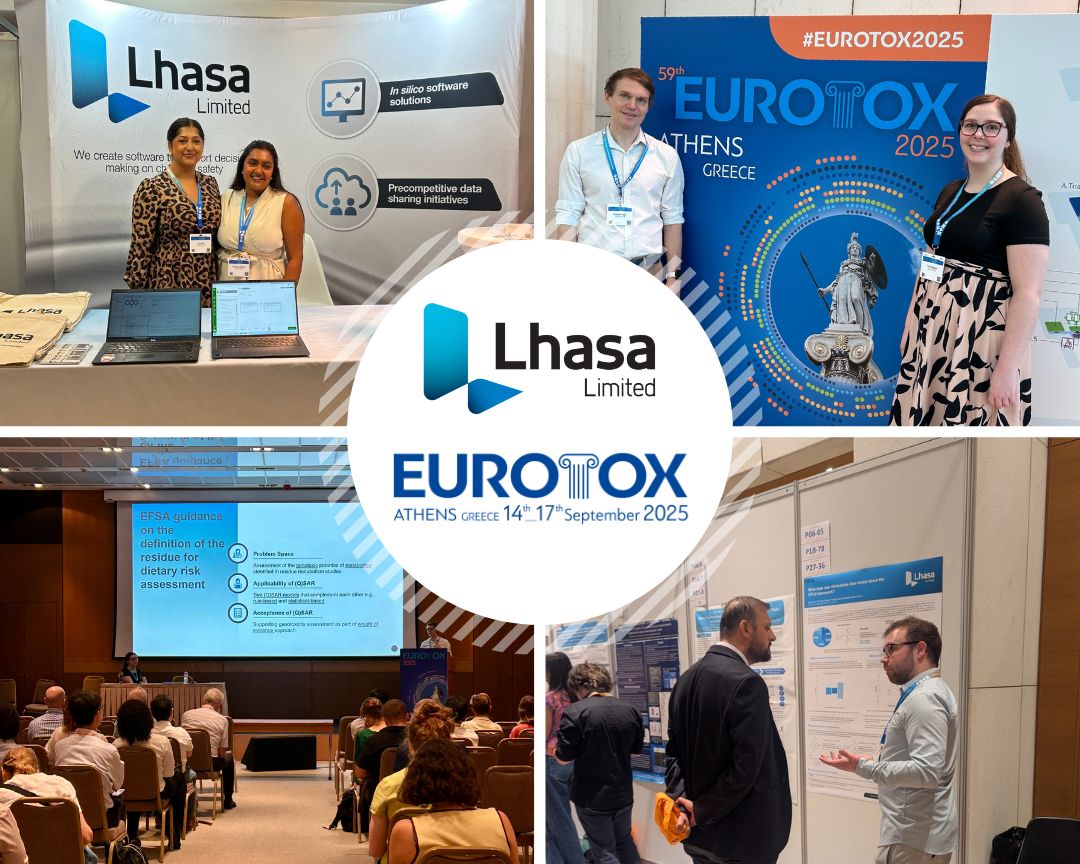Identification and control of impurities in active pharmaceutical ingredients (APIs) and pharmaceutical drug products is critical in drug development. Mirabilis is our innovative solution designed to address this challenge. In this post, we’ll answer ten frequently asked questions about Mirabilis.
- What is Mirabilis?
Mirabilis is an in silico tool developed by Lhasa Limited that can help experts assess and predict the likelihood for the potential carryover of impurities into the API or drug product. Synthesising APIs for the development of drug products can involve the use of highly reactive starting materials. These materials can be mutagenic because of their ability to react with DNA. It is important to understand if there is a risk that these potentially mutagenic impurities (PMIs) can carry over into the API and therefore drug product.
- Why was Mirabilis created?
Mirabilis is the result of collaboration between Lhasa Limited and several major pharmaceutical companies, including AbbVie, AstraZeneca, Eli Lilly, GSK, Hoffman-La Roche, Novartis, and Pfizer. The goal was to develop a systematic approach for the risk assessment of impurities in a final drug product when introduced or created during synthesis. The consortium-led initiative aimed to:
- Build on the semiquantitative purge approach (outlined in a paper written by Teasdale et al.)
- Harmonise industry best practices.
- Conduct calculations in a standardised, consistent, and reproducible manner.
- Reduce the need for costly and time-consuming analytical methods to test for those impurities that are unlikely to be present in the final drug product.
The development of an expert-derived knowledge base for the prediction of reactivity by enhancing expert opinion using evidence derived from the published literature and experimental data resulted in Mirabilis.
- How does Mirabilis work?
Mirabilis operates by:
- Generating reactivity purge factors for impurities based on empirical data.
- Providing predictions for reactivity, solubility and volatility purges.
- Using actual reagents and conditions confirmed by the user to predict reactivity.
- Incorporating a knowledge base curated by Lhasa Limited scientists in collaboration with industry experts which is extensively peer-reviewed.
- Utilising a solubility purge calculator which is applied for extractions and can help provide the supporting information for such purges.
- Calculating volatility to allow volatility purges to be applied based on the impurity’s boiling point as well as the operational temperature and pressure, or solvent being removed.
- When was Mirabilis released?
Mirabilis was first released in 2016. In December 2022 we released Mirabilis 4, which incorporated a new more accurate approach for predicting reactivity, known as the conditions-based approach. The condition-based approach considers the reactants and reagents present and how they may interact, bringing about significant improvements to the specificity and applicability of predictions versus the previous transformation-based approach. The release also included predictions for solubility and volatility purges for the first time. To learn more about the new approach you can read our open-access publication in OPRD.
- Can Mirabilis support in regulatory submission?
The ICH M7 Option 4 control of PMIs is based on the use of scientific principles in lieu of routine analytical testing. Mirabilis can be used to help satisfy Option 4 by:
- Producing an estimated reactivity, solubility and volatility purge factor for removal of the impurity by a synthetic process.
- Reducing the burden of analytical testing without compromising patient safety.
- Reduce the need to set up costly and time-consuming analytical methods for the measurement of impurities that are unlikely to be present in the final drug product.
View our cost saving infographic to learn how much can be saved using Mirabilis as an alternative to analytical testing.
- Why should I use Mirabilis over a paper-based approach?
While using paper-based approaches to determine purge ratios is an option, there are certain advantages to using an in silico tool like Mirabilis. Mirabilis provides a standardised, consistent and reproducible approach to presenting purge factor predictions. It also contains data and reasoning collated and peer-reviewed by Lhasa scientists to support submissions. The expert commentaries and supporting data within Mirabilis provide a unique standardised approach widely used by Lhasa Limited in silico tools. Mirabilis will also store previous data to provide a central hub for your purge factor predictions to eliminate repetition of work across your organisation.
- Is Mirabilis effective for nitrosamine purge assessment?
Mirabilis now also considers purge of secondary amines to aid understanding (and de-risking) of amine carryover. Purge arguments can aid assessment of whether amines and nitrosating agents are likely to come together in sufficient levels to pose a genuine risk of formation. This approach may sufficiently de-risk formation or guide future experiments or process changes, identify potential sources of nitrosamine formation, and subsequently develop a control strategy.
If a nitrosamine impurity is formed, purge calculations and scientific rationale in Mirabilis can determine whether the structural features and conditions present can remove the impurity during the later stages of the synthetic process. If you would like to read more about nitrosamine related risk and control strategy options you can learn more about it in our publication in OPRD.
- What platform is Mirabilis available on?
Mirabilis is available via Lhasa’s cloud SaaS model as well as on-site installation. The primary aim of offering cloud options to our members (software users) is to streamline software installation, backups and updates. Most readers will be familiar with waiting on a software installation and adding a request to the long IT support queue for installation. By using the Lhasa cloud, we can remove this inconvenience and significantly reduce the time and effort burden associated with non-SaaS updates.
- Is there customer support available for Mirabilis?
At Lhasa, our Applied Sciences team offers extensive customer support for Mirabilis users, including training sessions, supporting material and direct assistance. This support extends across our solutions, ensuring that that Lhasa software users can effectively use our in silico tools and maximise their potential.
- Are there trial versions or demos available for Mirabilis?
A two-week free trial or demonstration is available for Mirabilis and other Lhasa solutions, which can be requested by filling in our contact form
For more detailed information on how Mirabilis can support your specific needs, please visit our solution pages:
Conclusion
Mirabilis is a powerful tool for pharmaceutical companies seeking to streamline their impurity control processes, reduce costs, and ensure regulatory compliance. By leveraging in silico predictions and a wealth of expert knowledge, Mirabilis empowers scientists to make informed decisions about impurity risks in drug development.
Last Updated on November 22, 2024 by lhasalimited



